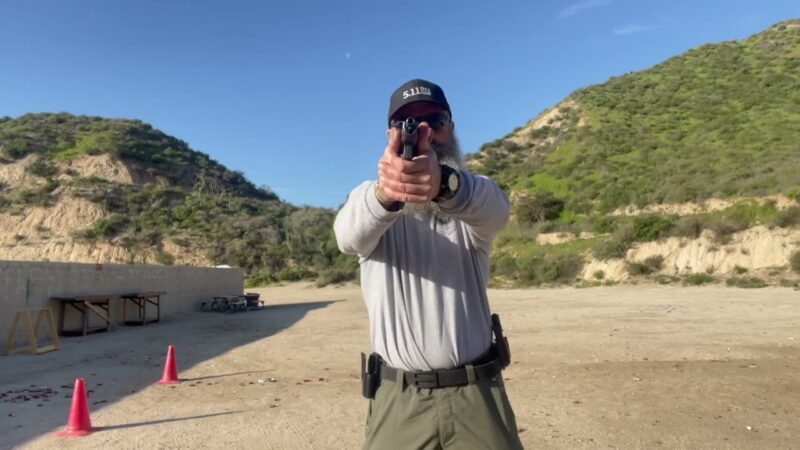In the high-stakes realm of executive protection, communication isn’t merely a tool—its the lifeblood of the operation. Imagine an intricate dance, where every move, gesture, and whispered word is vital to the safety and security of clients who often operate at the center of power and influence.
The stakes are elevated: a lapse in communication can lead to catastrophic consequences, from compromised safety to potentially life-altering scenarios. Professionals in this field must possess not only the ability to convey critical information effectively but also to interpret the unspoken nuances of their environment.
Effective communication in executive protection transcends mere words; it weaves a fabric of trust, collaboration, and immediate responsiveness among team members, ensuring that they’re always a step ahead in anticipating threats. Therefore, understanding the multifaceted nature of communication in this high-pressure field is indispensable for anyone dedicated to mastering the art of protecting those who are paramount to organizational success.
Verbal Communication: Clarity and Conciseness

Verbal communication in executive protection is paramount, where clarity and conciseness can mean the difference between safety and chaos. Security professionals must convey critical information succinctly, avoiding the pitfalls of jargon that can lead to misunderstandings.
Imagine a high-stress scenario where a quick directive needs to be issued; it’s not the time for ambiguity. A clear, direct message can guide actions swiftly and effectively, ensuring that every team member is aligned and aware of their role.
At the same time, adaptability in conversation is vital; understanding when to elaborate and when to keep it brief can enhance comprehension and retention. This balance not only facilitates operational efficiency but also builds trust within the team, allowing them to respond cohesively under pressure.
Non-Verbal Communication: Body Language and Signals

In the realm of executive protection, non-verbal communication stands as a cornerstone, often speaking volumes when words are inadequate or inappropriate. Body language—an intricate dance of gestures, movements, and postures—can convey a wealth of information, revealing unspoken feelings and intentions.
A subtle shift in stance may suggest unease, while an assertive stride can radiate confidence. The way a protector stands in relation to their principal, the positioning of their hands, or the intensity of their gaze holds significant meaning, actively influencing the perceptions of those around them.
Moreover, signals such as nodding, crossing arms, or maintaining an open stance communicate both awareness and readiness, essential traits in high-stakes environments. In a field where split-second decisions can mean the difference between safety and danger, mastering non-verbal cues becomes not just advantageous but critical for effective communication and situational awareness.
Crisis Communication: Managing Emergencies and Unexpected Situations

Crisis communication stands as a critical pillar in the realm of executive protection, where the stakes are often unimaginably high. In the midst of a chaotic situation—say, a sudden threat to a client or an unforeseen emergency—clear and decisive communication can mean the difference between a resolved incident and escalating turmoil.
Security teams must be agile, adapting their messages to various audiences, from clients to law enforcement agencies, conveying essential information quickly and accurately. Moreover, the ability to maintain calm under pressure, while strategically disseminating updates, helps to not only safeguard the individual at risk but also reinforce trust and confidence in the protection team.
In these harrowing moments, every word carries weight; tactful communication can de-escalate tensions or provide crucial instructions, transforming a potential crisis into a manageable situation with minimal fallout. The reality is that in the world of executive protection, effective communication is not just a tool—its a lifeline.
Conclusion
In conclusion, effective communication is paramount in the executive protection field, serving as the backbone for successful operations and the safety of clients. The ability to convey critical information swiftly and clearly can make the difference between a secure environment and a potential threat.
As the landscape of security evolves, so does the need for professionals equipped with strong communication skills, further highlighting the importance of specialized training programs, such as those offered by Pacific West Academy. By prioritizing communication, executive protection teams can enhance their coordination, build trust with clients, and ultimately ensure a safer and more effective service.


